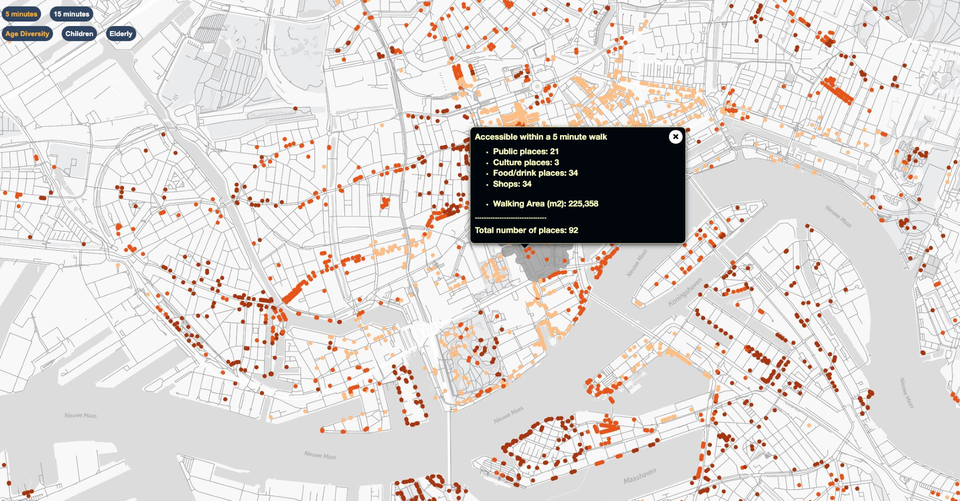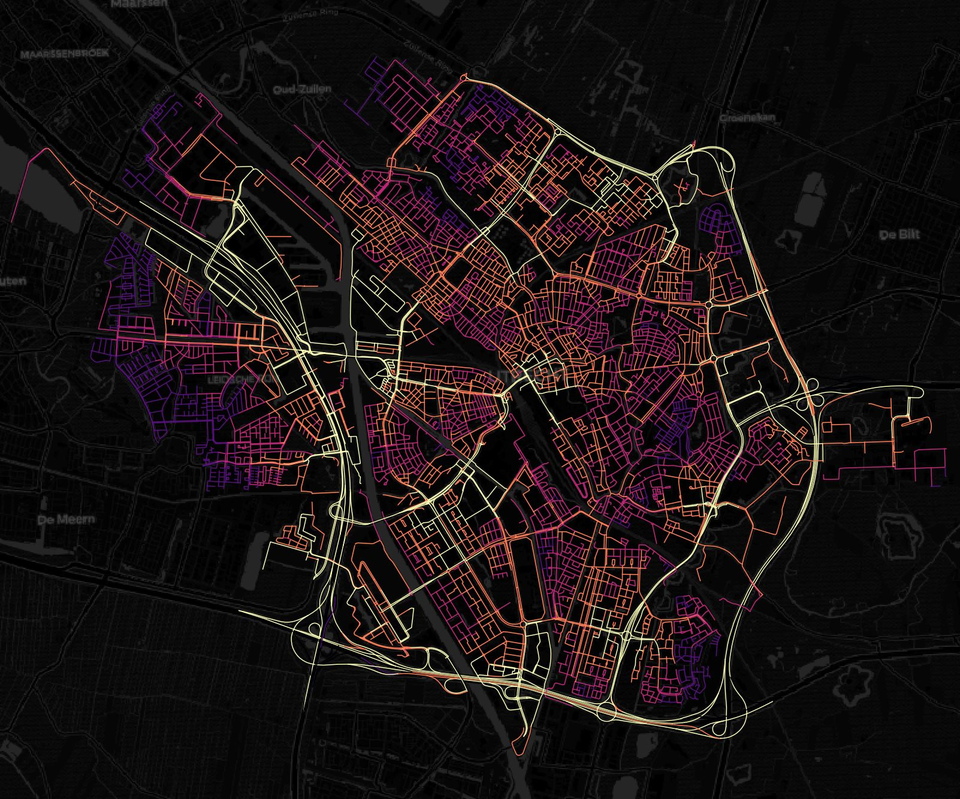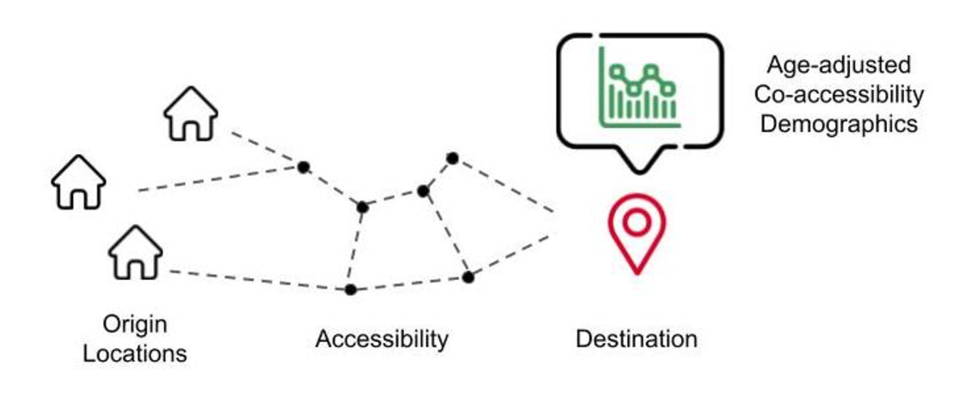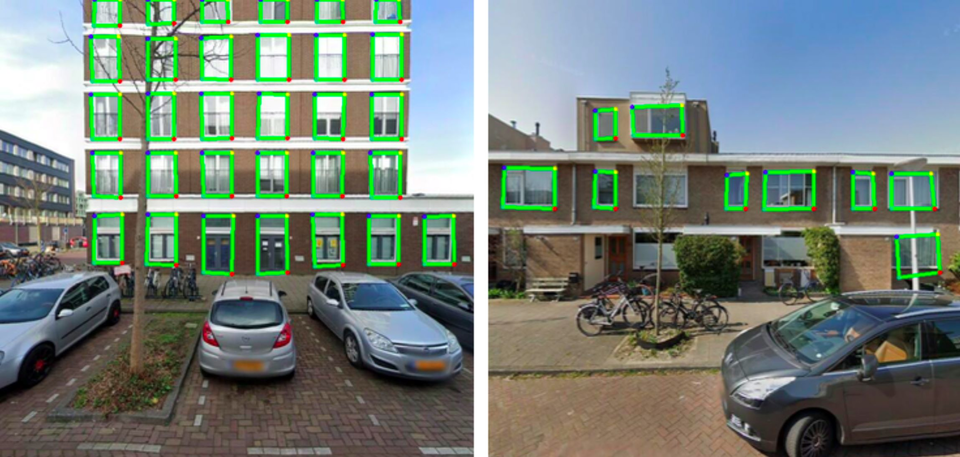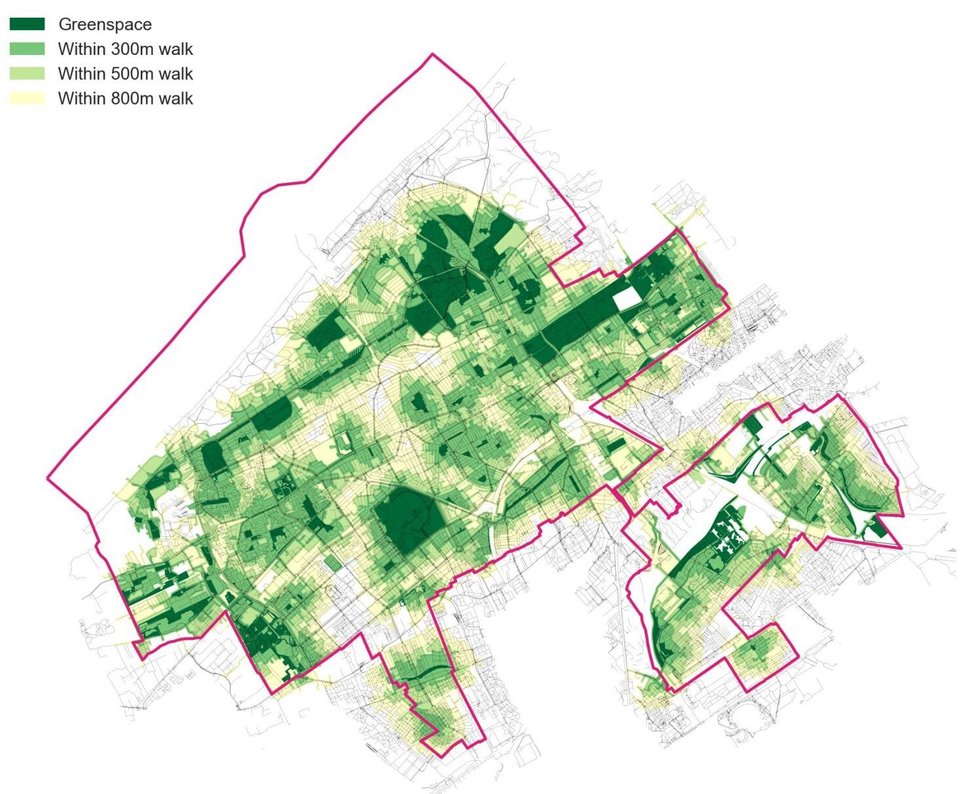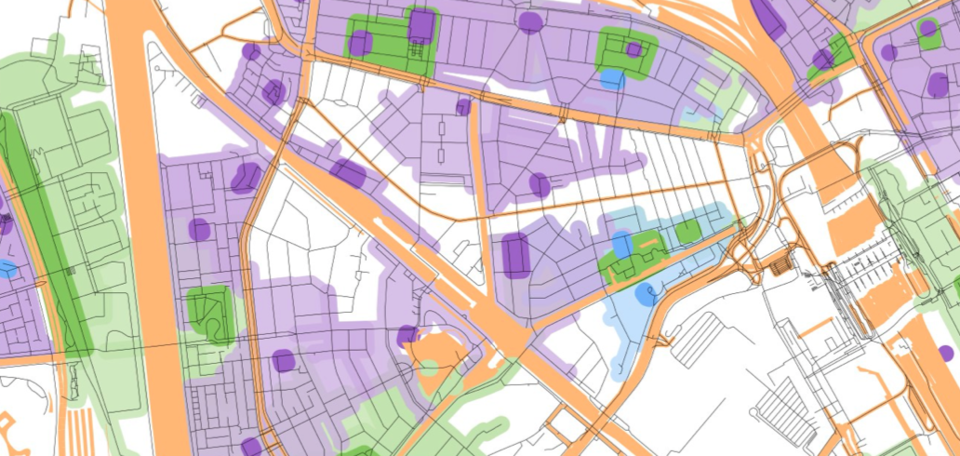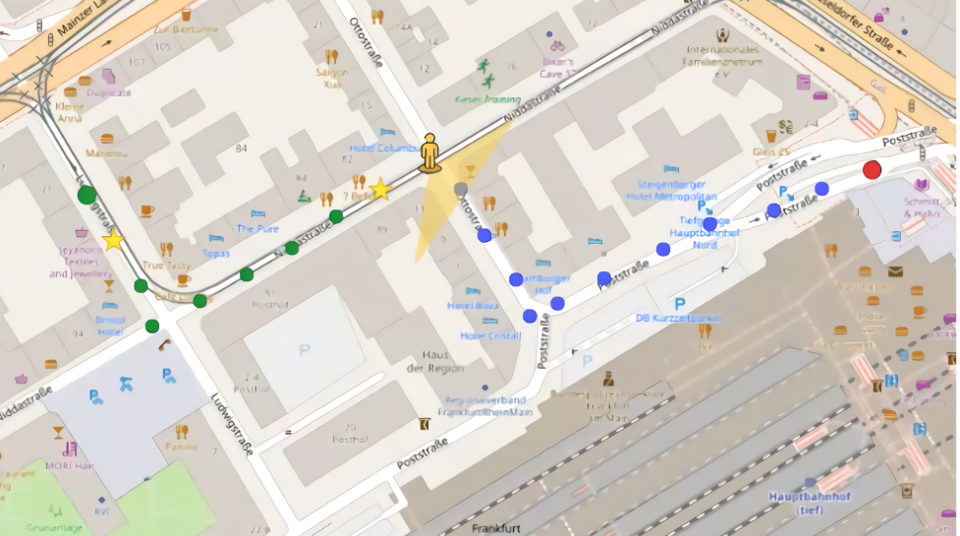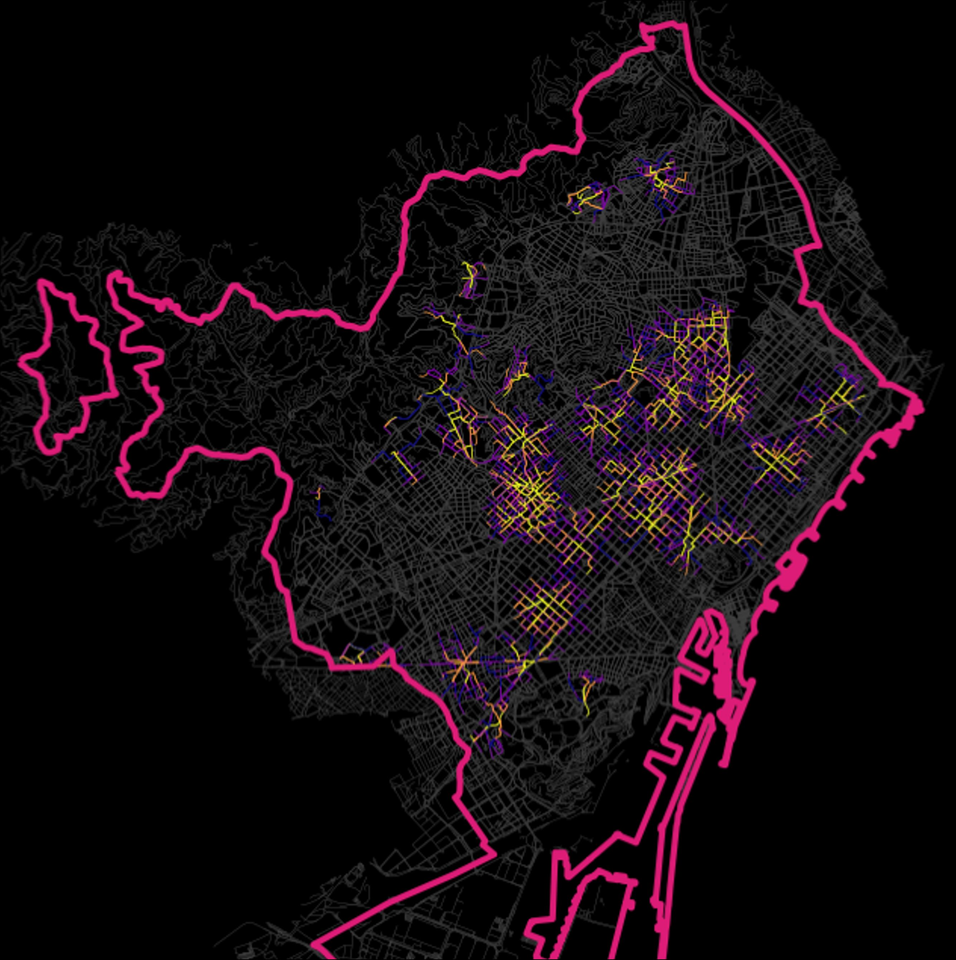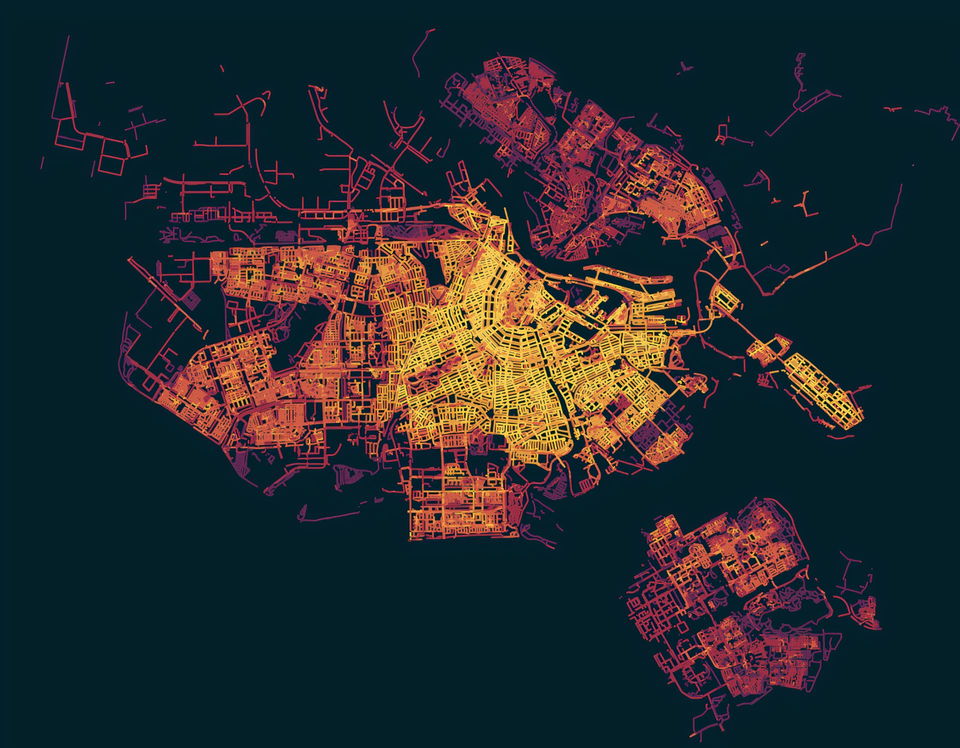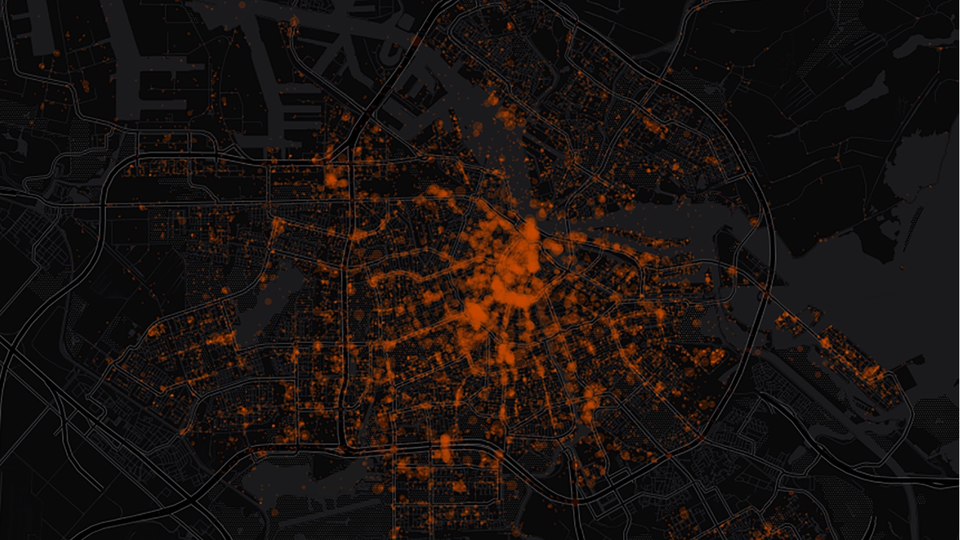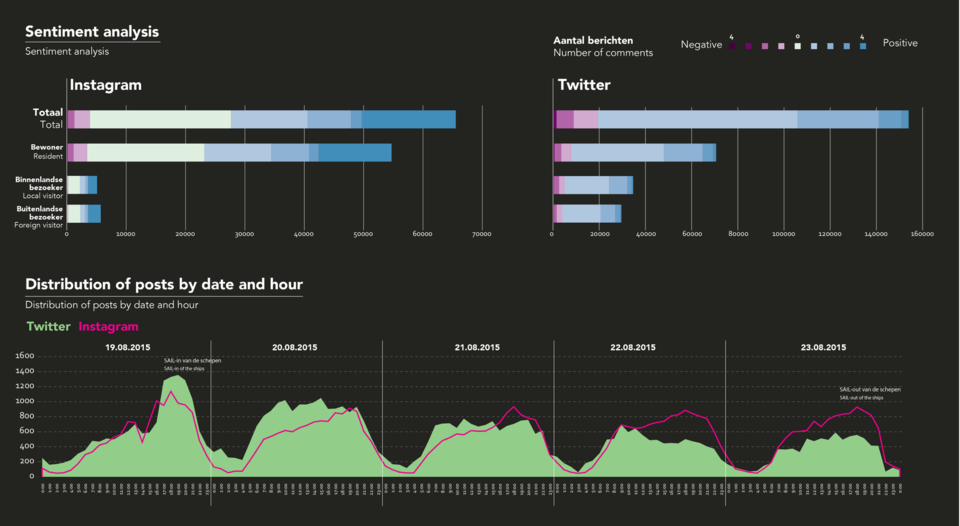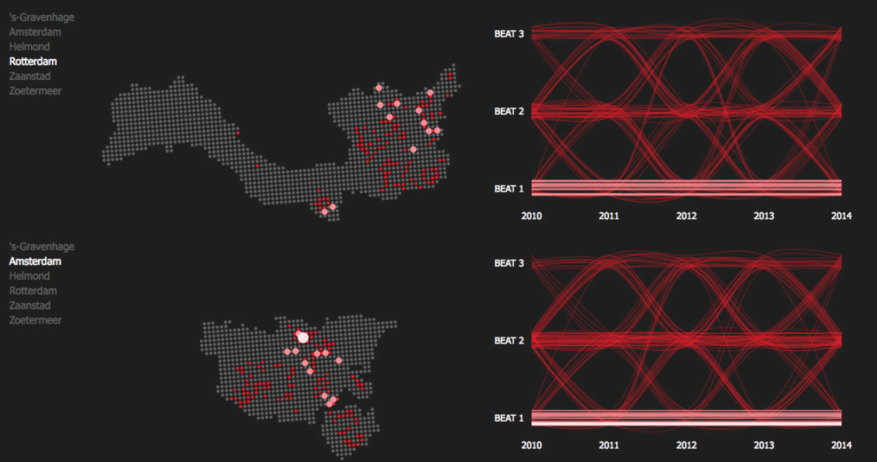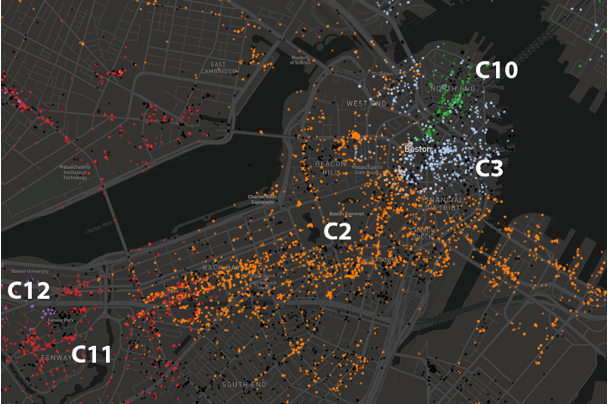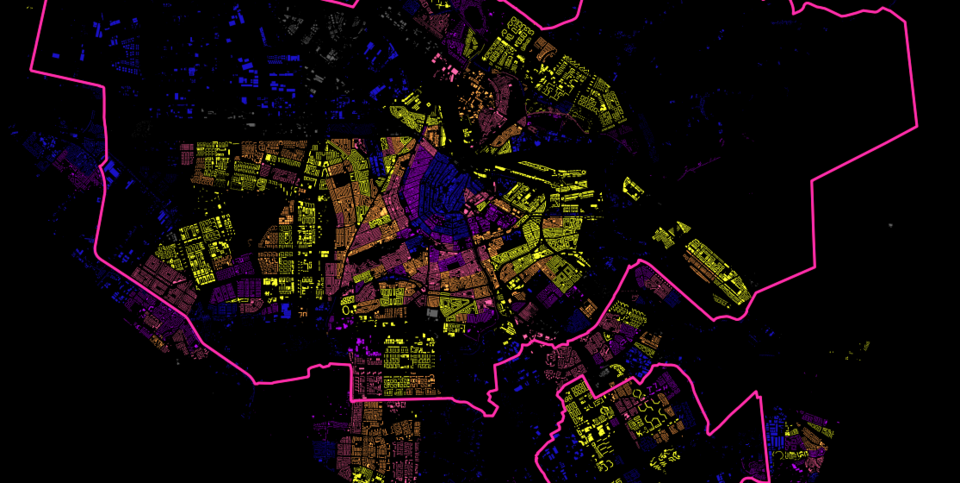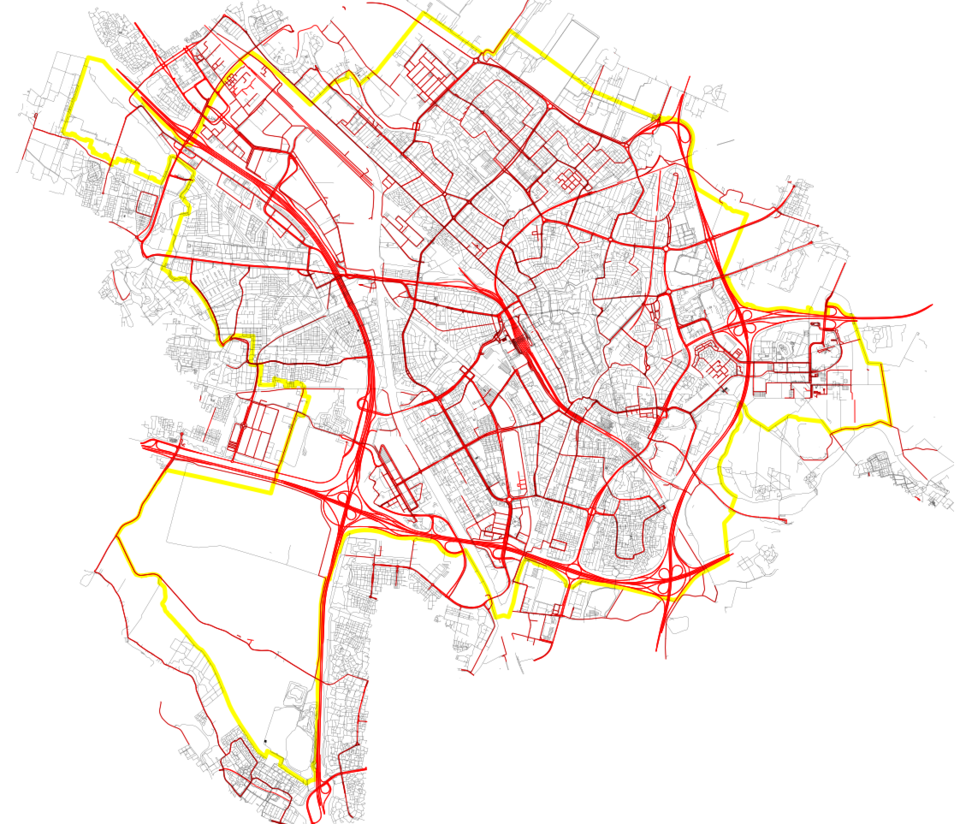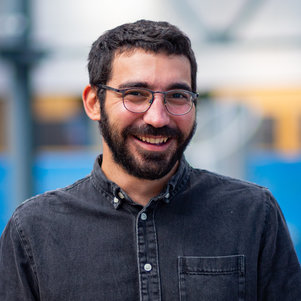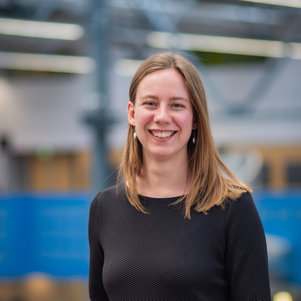Urban Analytics
Driving urban transitions to a healthier, fairer, and sustainable future for everyone
Cities around the world are expected to meet the UN’s Sustainable Development Goals (SDGs), as well as WHO’s and UN-Habitat’s directives for public health equity. Planners, designers, and policymakers grapple with the task of formulating urban spaces that are not only livable, sustainable, and aesthetically pleasing but also conducive to the well-being of diverse populations. The challenge lies in establishing priorities and consistently monitoring progress toward these multifaceted goals.
How can we help cities frame these priorities and consistently track progress? What kinds of universally applicable indicators can facilitate the transition to cities and societies that are healthier, fairer, and more sustainable?
At the Urban Analytics Lab, we address this imperative by advancing the assessment of both objective and subjective urban design attributes that contribute to creating pedestrian-friendly, sustainable, healthy, and inclusive cities. Physical accessibility is at the heart of our work as a social indicator of well-being and quality of life. We focus on active mobility, such as walking and biking, and examine how distinct population groups perceive and interact with the urban environment. We investigate the implications of these interactions on their accessibility, mobility, and health outcomes.
Our research is structured around three fundamental principles: (1) collaborative generation of innovative metrics and indicators to assess qualities of the urban environment, (2) incorporation of these metrics into open-source tools designed to facilitate the implementation of interventions across different levels, and (3) establishment of evidence-based, quantifiable standards for diverse indicators related to accessibility, mobility, and social cohesion. To accomplish these objectives, we employ cutting-edge spatial analysis techniques, combining them with open-source location data.
Through our research and education, we develop the necessary tools and skills that can help planners, designers, and policymakers comprehend the intricacies of city patterns to accelerate current and future urban transitions.
Our research in a nutshell
Designing with Location Intelligence: Urban health and well-being
Urban Analytics News:
- [April 11, 2024] | CTwalk Map received the Best Demo Award at ICT.OPEN 2024.
- [March 29, 2024] | Achilleas Psyllidis was a keynote speaker at the closing event of the "Walkable Athens" project. He delved into how perceived distance to destinations by different population groups, influenced by diverse route characteristics, impacts pedestrian trip generation and walkability indicators.
- [February 5, 2024] | New article in Landscape and Urban Planning, "How well do NDVI and OpenStreetMap data capture people's visual perceptions of urban greenspace." Read it here.
- [September 15, 2023] | CTwalk Map—Measuring and evaluating co-accessibility: New tool shows accessibility of public areas for different population groups. Featured here.
- [June 20, 2023] | Urban Analytics Lab researchers published and presented three papers at the AGILE 2023 and CUPUM 2023 International Conferences. Read the AGILE paper here and the CUPUM papers here and here.
- Read more news here.
Publications
See our publications here.
Software Tools
Projects
Education
People
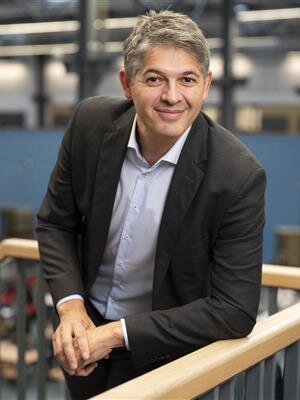
Alessandro Bozzon
- +31 (0)15 27 87822
- a.bozzon@tudelft.nl
- Personal website
-
Room B-3-370
Working days: M T W T F
"Twenty years from now you will be more disappointed by the things you didn't do than by the ones you did do."

